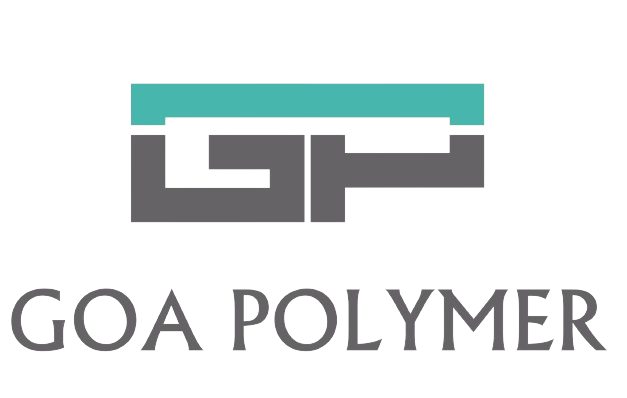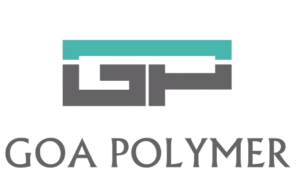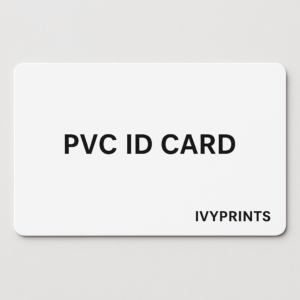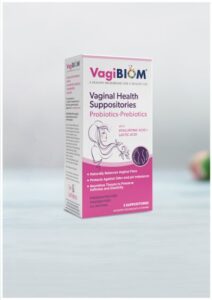The Advantages of Using Water Based Flexographic Ink for High-Quality Printing
As sustainability takes center stage, the printing industry is evolving. Water based flexographic Ink, widely used for packaging and labels, is now embracing a cleaner, greener alternative to traditional solvent-based options. These inks not only reduce environmental impact but also deliver vibrant, high-quality prints. With the growing demand for eco-friendly solutions, it is quickly becoming the preferred choice for businesses seeking both superior results and sustainability.
What is Water Based Flexographic Ink?
Water based flexographic Ink is a type of ink used in the flexographic printing process that uses water as the primary solvent instead of harmful chemicals. It is eco-friendly, produces fewer volatile organic compounds (VOCs), and provides vibrant, high-quality prints on various materials, especially in packaging and label printing.
Key Advantages of Water Based Flexographic Inks for High-Quality Printing
Here are some key advantages that make it a top contender in the industry:
1. Eco-Friendly and Sustainable
One of the most significant advantages of based on water flexographic inks is its eco-friendliness. Unlike solvent-based inks, which contain harmful volatile organic compounds (VOCs) that contribute to air pollution and environmental degradation, water-based inks use water as their primary solvent.
This significantly reduces the release of VOCs, making water-based inks a cleaner, safer choice for both the environment and workers. By opting for water-based inks, companies can align with green initiatives and sustainability goals while reducing their carbon footprint.
2. Superior Print Quality
Despite being environmentally friendly, it doesn’t compromise print quality. It delivers vibrant, crisp colors and fine details with excellent resolution. The ink provides smooth coverage on various substrates, such as
- Paper
- Films
- Corrugated Materials
The quality is especially noticeable in packaging and label printing, where accurate color reproduction and sharp images are critical for brand identity. It offers a high level of color stability, ensuring consistency across large print runs.
3. Faster Drying Times
Water-based inks generally have faster drying times compared to solvent-based inks, reducing the chances of smudging or color bleed during the printing process. This increased drying speed can enhance production efficiency, as it allows for quicker handling and processing of printed materials. Faster drying also means that prints are less prone to ink transfer and can be easily stacked, folded, or packaged sooner, speeding up the overall workflow.
4. Improved Safety and Worker Health
Based on water inks are safer for workers as they do not emit harmful fumes like solvent-based inks, which can lead to health risks such as respiratory issues and skin irritation. The use of water as a solvent minimizes exposure to toxic chemicals, making the workplace safer. Additionally, these inks are easier to clean, requiring less harsh chemicals for ink removal, which further contributes to a healthier environment for workers.
5. Cost-Effective
It can save you money over time. While the initial cost might be slightly higher, the reduced need for hazardous material handling, fewer safety precautions, and less waste in cleaning processes can result in savings. Moreover, the faster drying time allows for more efficient production, reducing downtime and increasing throughput.
The overall maintenance cost is also lower because based on water inks are easier to clean from printing equipment compared to solvent-based alternatives.
6. Versatility Across Substrates
It is highly versatile and able to adhere to a wide variety of substrates, from porous surfaces like paper and cardboard to non-porous materials like films and foils. This makes it an ideal solution for a diverse range of applications, including food packaging, beverage labels, and even flexible packaging.
Its ability to perform well across various materials without compromising quality is a significant advantage for businesses requiring flexibility in their printing processes.
7. Lower Environmental Impact
Based on water inks are better for the environment, not just because they reduce VOCs. These inks are free from toxic chemicals such as heavy metals, which are commonly found in solvent-based inks. It makes a safer option not only for workers but also for the end consumer. Additionally, based on inks are often easier to dispose of or recycle, reducing waste and promoting a circular economy.
8. Compliance with Regulations
As environmental regulations become stricter, particularly in regions like the European Union and the United States, the use of based-on water inks helps companies comply with various environmental standards. Based on water inks are often seen as a more regulatory-compliant choice, as they meet standards set for emissions, health, and safety. It can help businesses avoid penalties and enhance their reputation for sustainability.
9. Enhanced Brand Image
With growing consumer awareness around sustainability and environmental impact, brands that use based on water ink can boost their image as eco-conscious companies. This commitment to green practices not only resonates with environmentally aware consumers but can also give companies a competitive edge in a crowded marketplace.
Your Trusted Partner in High-Quality Printing Solutions
At Vanguard Inks & Coatings, we take pride in being your trusted partner for all your printing needs. With a focus on quality, sustainability, and customer satisfaction, we are committed to delivering exceptional printing solutions. Whether you’re looking for water based flexographic ink for eco-friendly printing or require innovative techniques for your packaging and labeling, our team is here to help.
With our expertise and dedication, you can trust us to provide the highest standards of service and products to meet your business goals.
Read more: Inside Ashton Kutcher’s Sustainable Beverly Hills Farmhouse














Post Comment